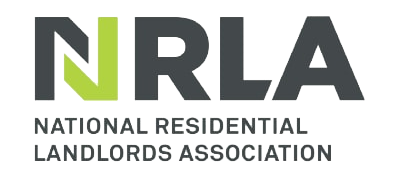Rental market: survival of the fittest?
12 Dec 2023Rising rents are channelling available properties to the wealthiest tenants in the market, or forcing the people most desperate to bid above their means to secure a place. In both cases, tenants feel strained in the process, which creates a deep sense of unease in the sector.
To rein this trend in, landlords and agents must take back the driving seat of the letting market and adopt healthy practices to restore confidence and trust.
What is the Market Price, anyway?
By definition, the price in a free market is the amount a person is willing to pay assuming that they exercise free choice and that there is no coercion in the process.
As renting is an essential commodity, tenants who need a place to avoid homelessness will pay whatever they can afford for whatever is available. Unlike other goods and services, the demand for accommodation is barely affected by prices: as there is no substitute for housing, tenants have no other choice.
Therefore, rents advertised on property portals are not average rents, but only the tip of the iceberg. They show the maximum amount that a handful of tenants can pay at one point, not the actual rents people are paying for similar properties. Since many landlords do not increase their rent as much as the market suggests, average rents are considerably lower than advertised rents.
Competition or survival of the fittest?
Today, with more than 20 people looking at any single property, the rental price is achieved under duress. Tenants are being corralled into block viewings, given little to no time to make their choice, and more often than not, they are allowed to enter into bidding wars to have a chance to get a property. Again, this is far from what defines a free market.
These conditions cause distress and anxiety to the applicants at the time of viewing, and once in residence, it can cause potential hardship as tenants are coping with rising costs. In the long run, it also creates false expectations and greater income insecurity for landlords, as tenants will be inclined to move more often trying to find a better deal.
Both landlords and letting agents have a role in this. Higher rents mean higher revenues, but it is detrimental to the market in general and to the tenants in particular.
If we want to improve this situation, we must align our economic decisions with our values, for the benefit of us all.
Regaining composure in the letting sector
Ultimately, it is the landlord's call to create the letting market they want to invite their tenants in, and it is the agent’s responsibility to make this happen.
In order to establish a harmonious and long-lasting relationship with the tenants, it is wise to consider the average rental price over the last couple of years, rather than the inflated prices we experience today.
At Rent Happily, we apply the principles of a free market in which:
- Rents are based on average prices, not overinflated or circumstantial peaks
- Rents are derermined at the onset , no bidding or overpricing afterwards
- Applicants a pre-vetted and only a handful are invited to viewings
- All viewings are individual
- Each applicant is given 24h to apply for the place or reject it.
The market is made by landlord, tenants and agents, and it is down to each individual to decide how they want to dealt with it, and what they want to get out of their rental experience.
Boris Drappier











